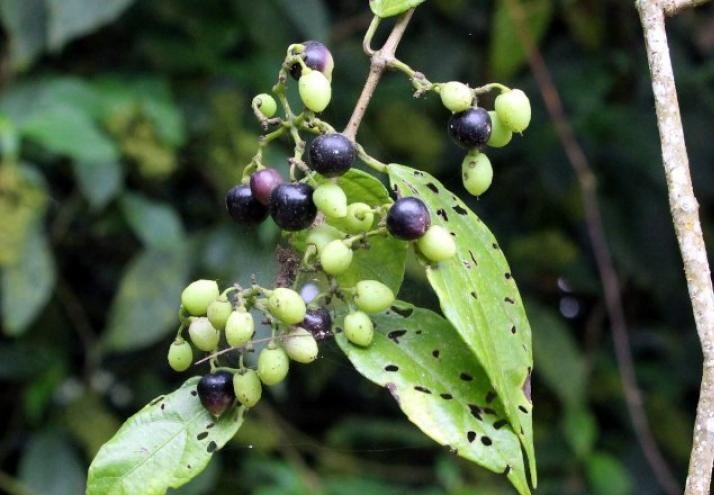Introduction
The Insulin Plant, scientifically known as Cissus verticillata, is a vine native to Southeast Asia that is gaining recognition for its potential health benefits, particularly in managing blood sugar levels. This article will explore the various benefits offered by the Insulin Plant, as well as any potential contraindications or precautions that individuals should consider.
What is Cissus Verticillata?
Cissus verticillata, commonly referred to as the Insulin Plant, belongs to the grape family (Vitaceae). It is a perennial vine characterized by its distinctive serrated leaves and clusters of small, white flowers. Traditionally, it has been widely used in Ayurvedic medicine for its various therapeutic properties.
Benefits of Insulin Plant
1. Blood Sugar Management: The Insulin Plant is renowned for its potential to assist in the management of blood sugar levels. It is believed to enhance insulin production and improve the body’s sensitivity to insulin, making it beneficial for individuals with diabetes or prediabetes.
2. Antioxidant Properties: Rich in antioxidants, the Insulin Plant helps combat oxidative stress by neutralizing free radicals. This can potentially reduce cell damage and lower the risk of chronic diseases such as heart disease and certain types of cancer.
3. Anti-inflammatory Effects: The plant contains compounds with anti-inflammatory properties, which can aid in reducing inflammation throughout the body. This may be particularly beneficial for individuals suffering from conditions like arthritis, gout, or other inflammatory disorders.
4. Weight Management: Some studies suggest that the Insulin Plant may contribute to weight management by promoting fat metabolism and reducing excessive fat accumulation. This makes it a potential adjunct to a balanced diet and regular exercise routine.
5. Improving Digestive Health: Traditional medicine often utilizes the Insulin Plant to alleviate digestive issues such as indigestion, gastritis, and stomach ulcers. Its anti-inflammatory properties may help soothe the digestive tract and promote overall gut health.
Contraindications and Precautions
While the Insulin Plant offers numerous potential health benefits, it is important to consider certain contraindications and precautions:
1. Hypoglycemia: Individuals with low blood sugar levels, hypoglycemia, or those taking medication to lower blood sugar should exercise caution when using this plant. It is always advisable to consult a healthcare professional before incorporating it into your routine.
2. Allergic Reactions: Some individuals may be allergic to the Insulin Plant or other plants within the Cissus genus. If you experience any adverse reactions, such as itching, swelling, or difficulty breathing after consumption, discontinue use and seek medical advice.
3. Pregnancy and Breastfeeding: Limited scientific evidence exists on the use of the Insulin Plant during pregnancy and breastfeeding. It is advisable for pregnant or nursing women to consult a healthcare professional before using this plant.
4. Interaction with Medications: If you are currently taking medication for a particular medical condition, it is essential to consult with your healthcare provider to ensure there are no potential interactions between the medication and the Insulin Plant.
Conclusion
The Insulin Plant, scientifically known as Cissus verticillata, offers several potential health benefits, particularly in managing blood sugar levels, combating oxidative stress, and reducing inflammation. However, it is crucial to consider contraindications and take precautions before incorporating this plant into your routine. Always consult with a healthcare professional to ensure its safe use and to determine the appropriate dosage for your specific health needs.

